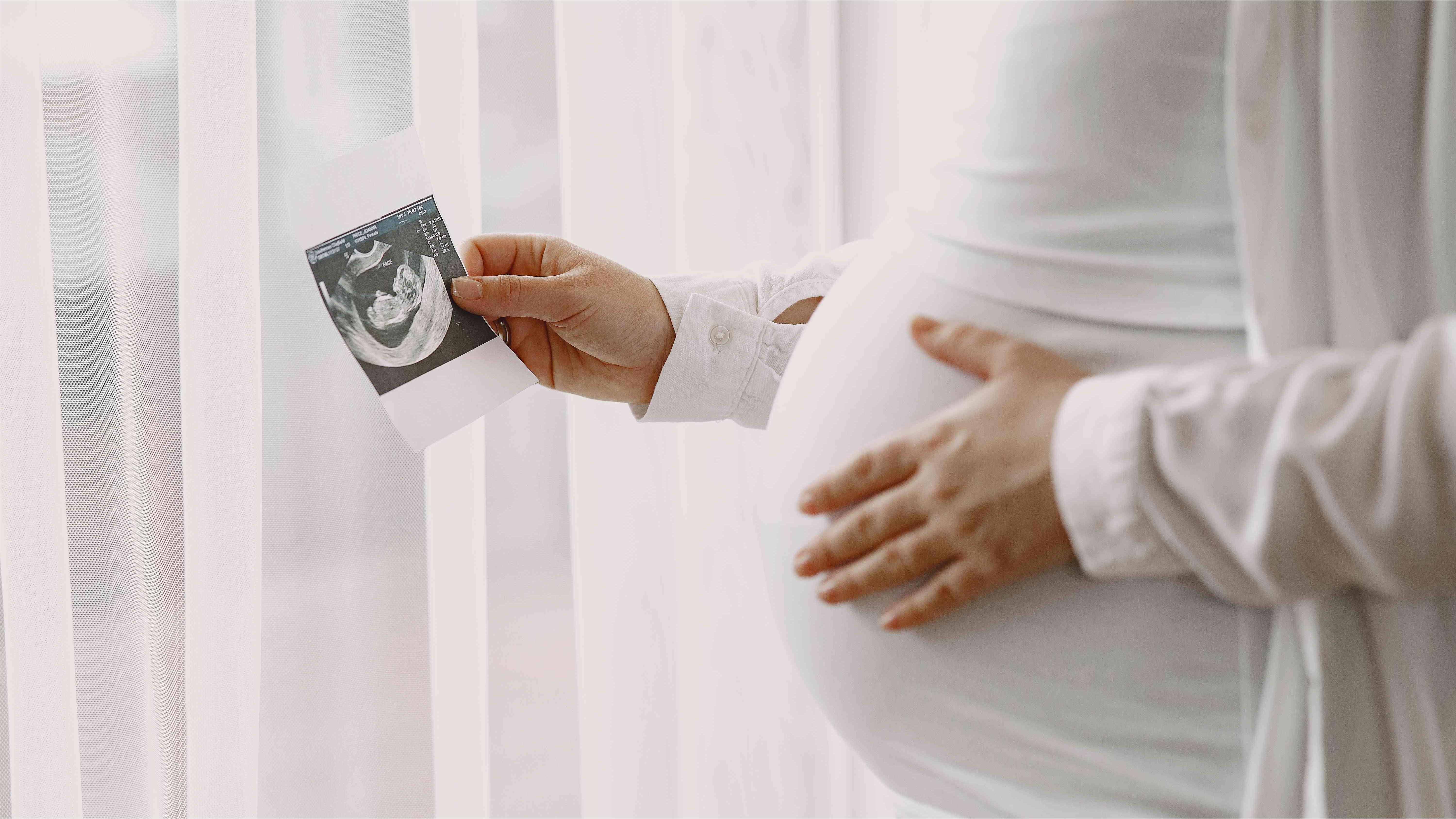
Image by prostooleh on Freepik
Accurate estimation of gestational age (GA) is crucial for proper prenatal care, but it often requires specialized ultrasound equipment and trained personnel. A groundbreaking study published in JAMA has demonstrated that artificial intelligence (AI) can bridge this gap, potentially revolutionizing obstetrical care in low-resource settings.
The Power of AI in Prenatal Care
Researchers developed a deep learning AI model integrated into a low-cost, battery-powered ultrasound device. This innovative tool allows novice users with no prior sonography training to estimate gestational age as accurately as experienced sonographers using high-end equipment.
Key Findings
The study involved 400 pregnant individuals in Zambia and North Carolina.
Novice users performed blind sweeps of the maternal abdomen using the AI-enabled device.
The AI tool's accuracy was comparable to traditional ultrasound performed by credentialed sonographers, with only a 0.2-day difference in mean absolute error.
Implications for Global Health
This technology has significant implications for improving prenatal care worldwide, especially in areas where access to traditional ultrasound equipment and trained personnel is limited. By enabling accurate GA estimation without specialized training, the AI-enabled device could:
Improve decision-making for critical interventions
Enhance the timing of important screenings and vaccinations
Help determine appropriate delivery timing
A Step Towards Equitable Healthcare
Dr. Jeffrey S. A. Stringer, the study's corresponding author, emphasized the potential for democratizing prenatal care: "By enabling accurate gestational age estimation without the need for expensive equipment or specialized training, this technology could significantly expand access to quality prenatal care in resource-limited settings worldwide".
This breakthrough aligns with the World Health Organization's goal of making ultrasound-based GA estimation accessible to all pregnant individuals, potentially improving maternal and fetal outcomes globally.
As AI continues to advance in medical imaging, we can expect more innovations that bridge healthcare gaps and improve patient care across diverse settings
Read Paper | JAMA







Post comments